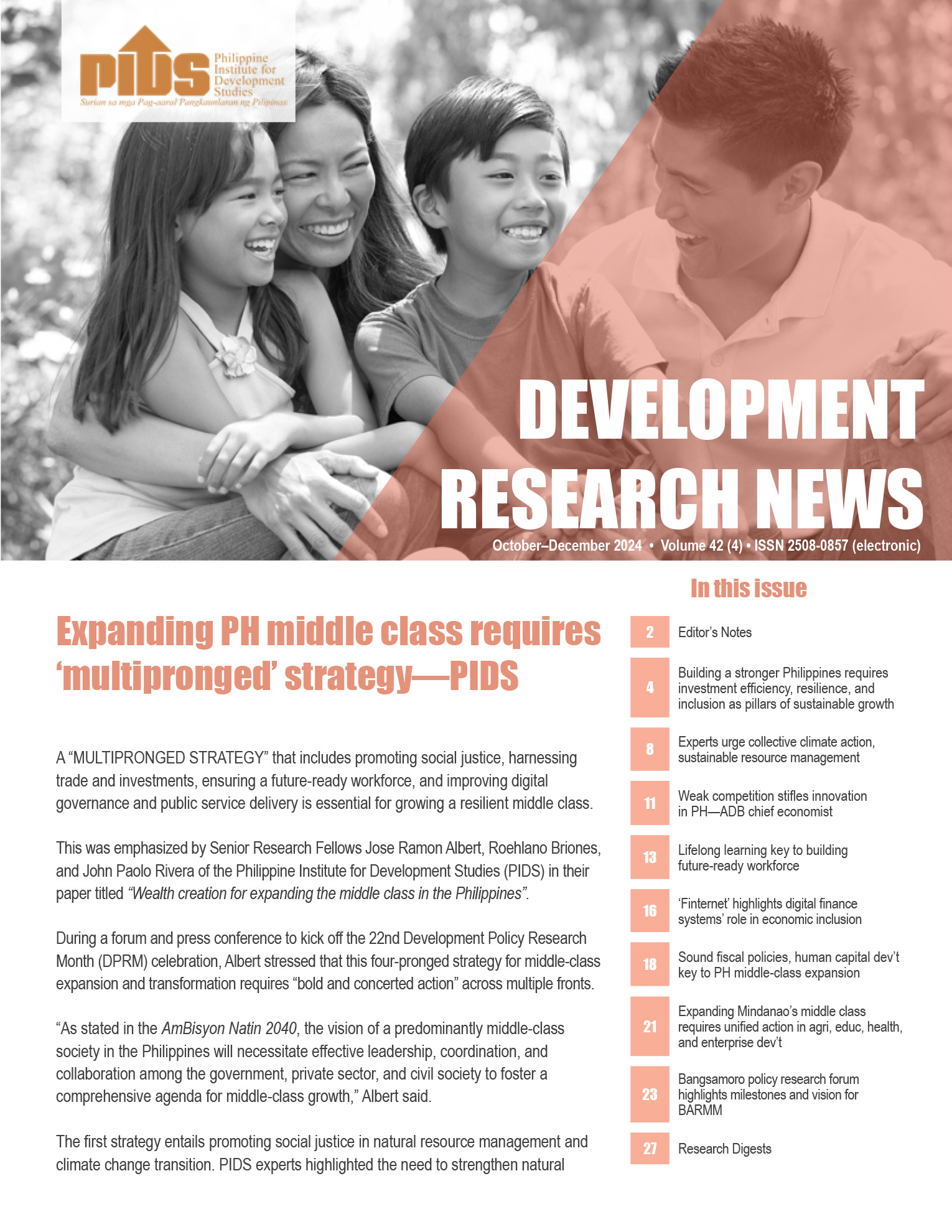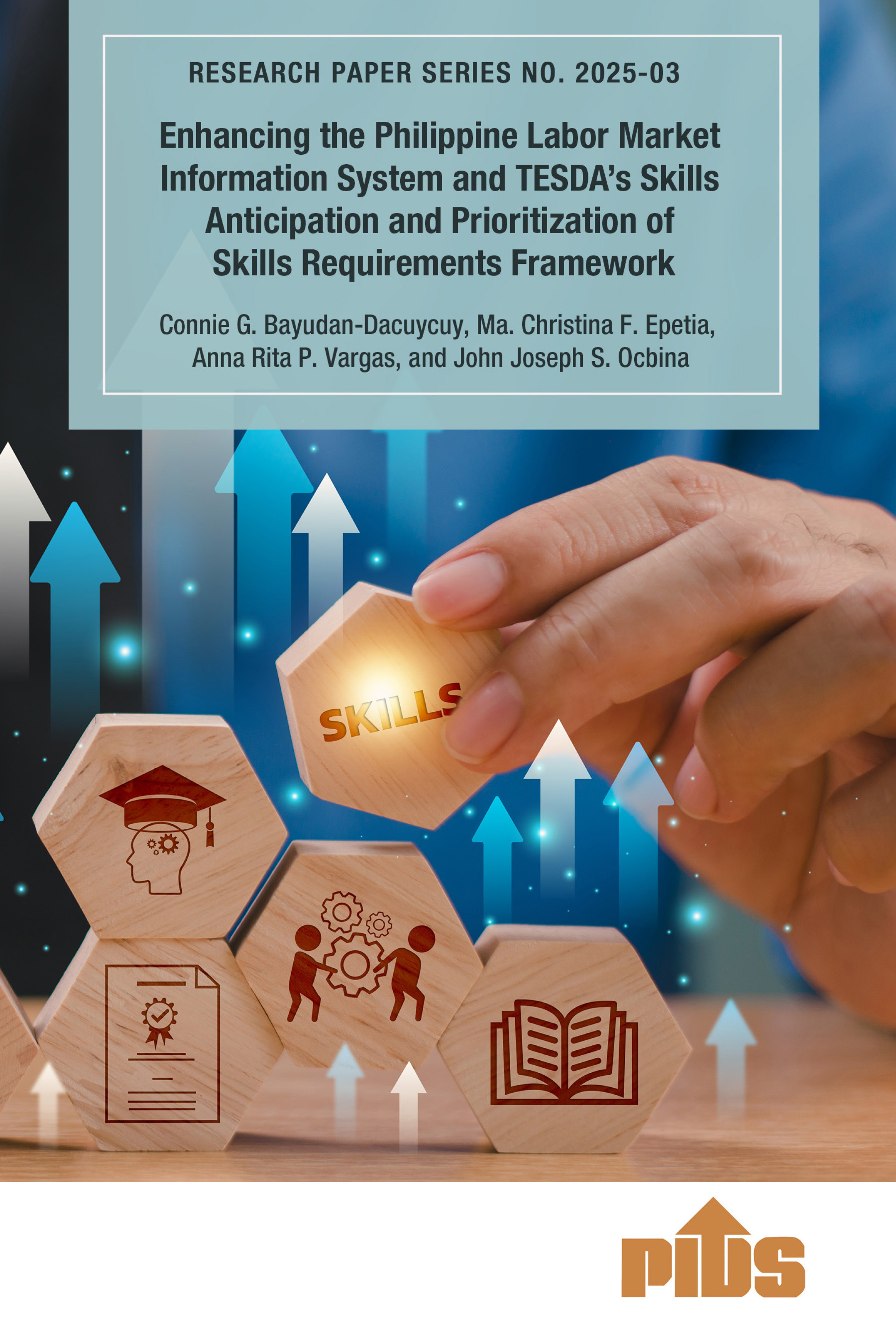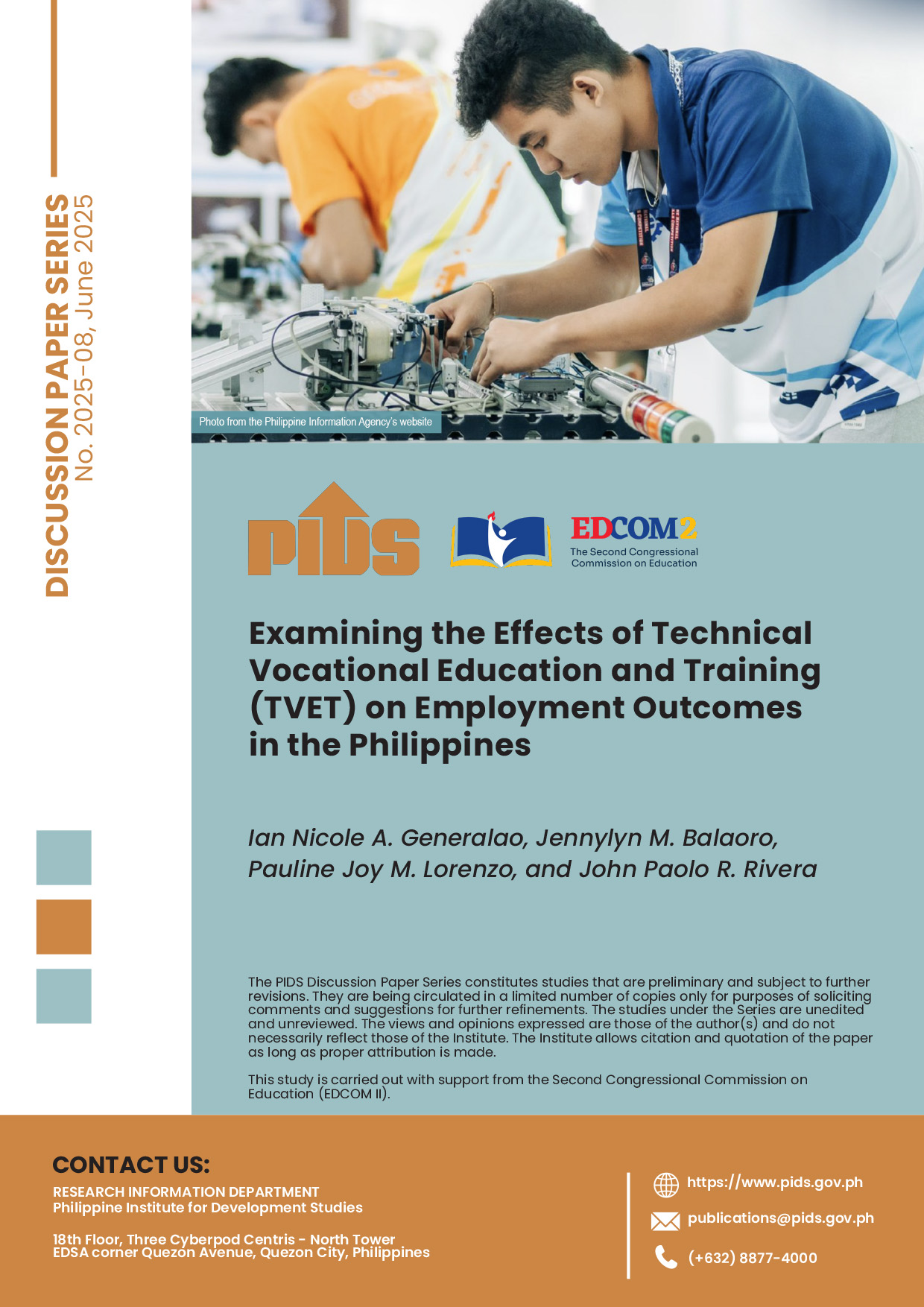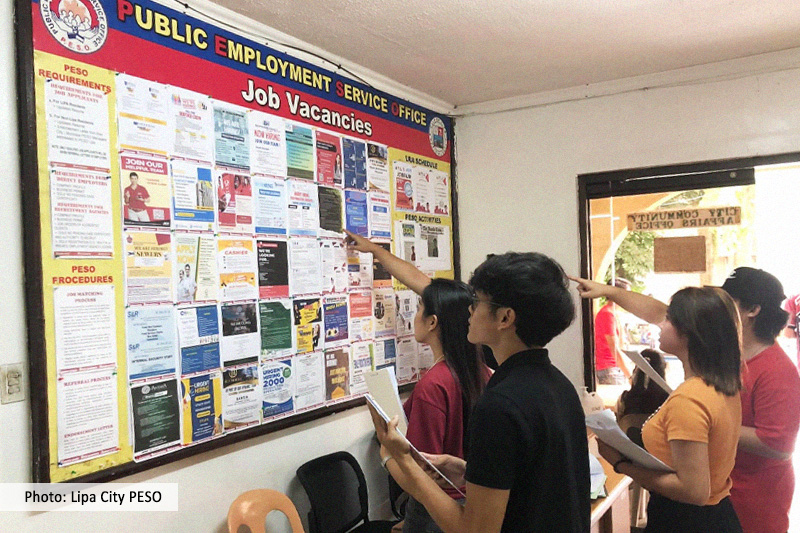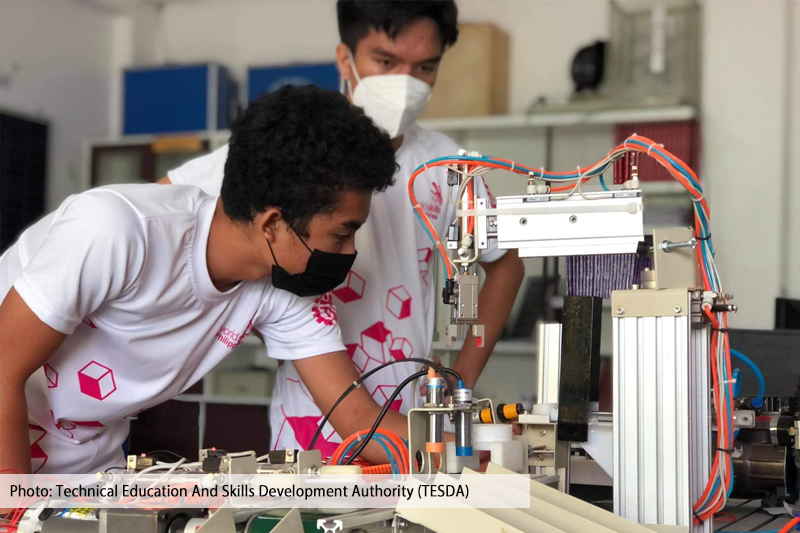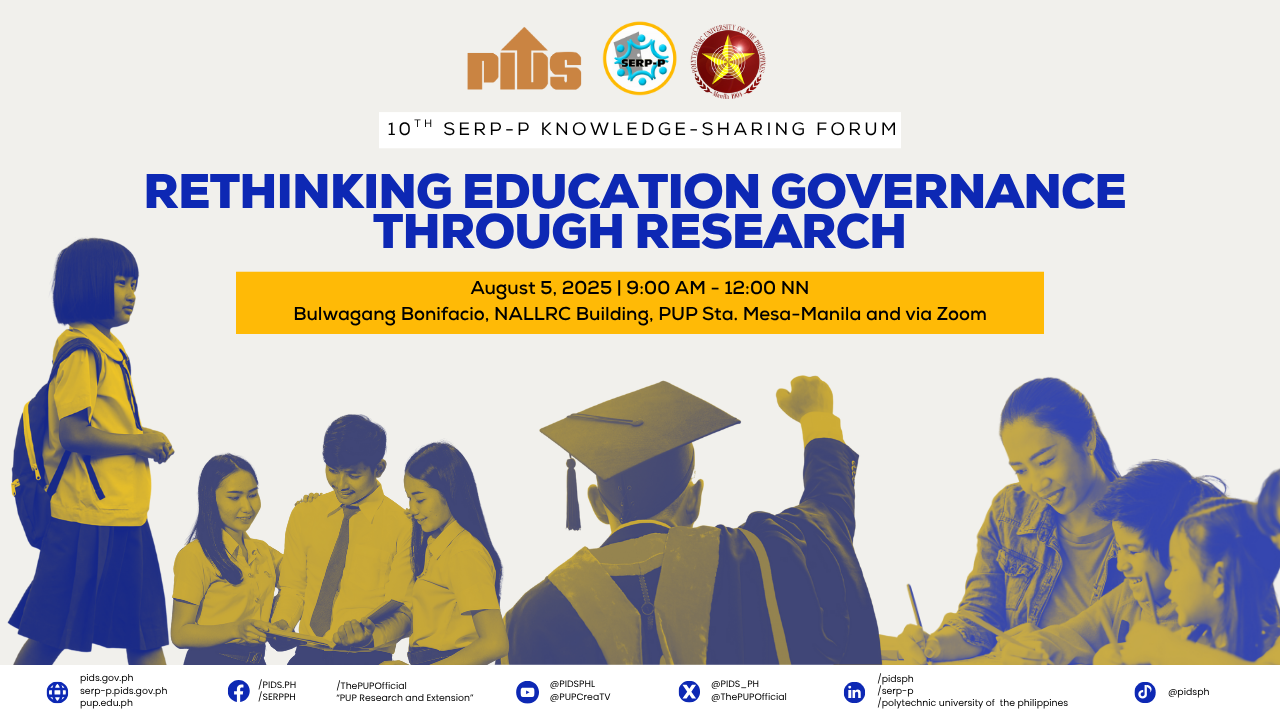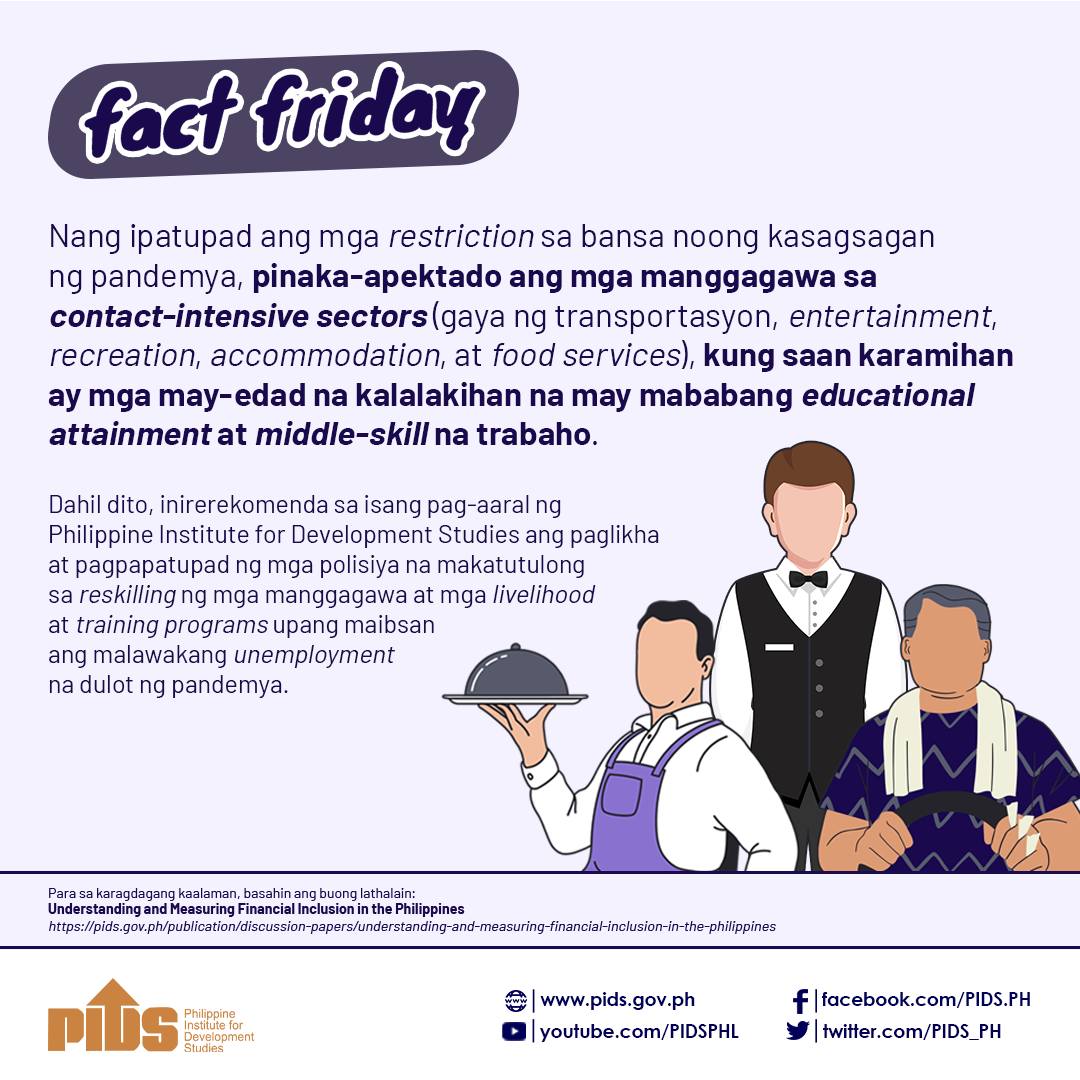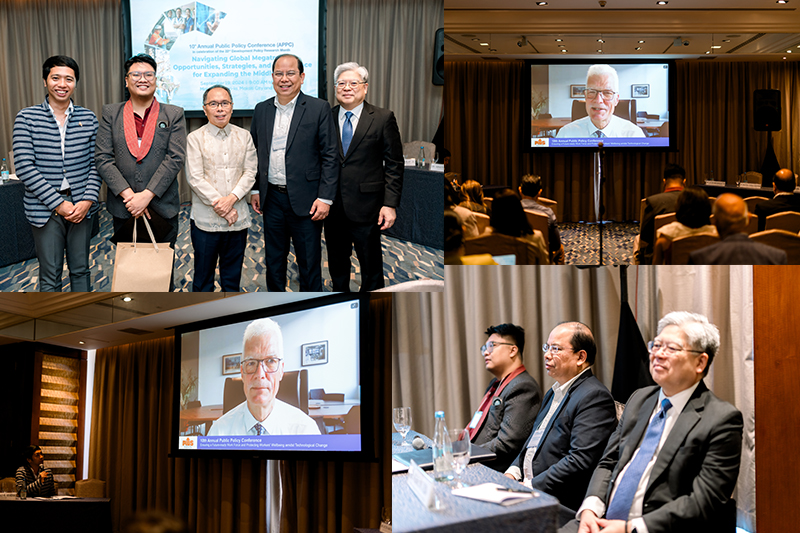
Local and international experts are calling for a balance between technology and human-centric skills development to promote a future-ready workforce. This vision can only be realized through strategic collaboration between government, industry, and educational institutions, fostering an environment that supports continuous learning and adaptability.
This was emphasized during a breakout session of the 10th Annual Public Policy Conference (APPC) on “Ensuring a Future-ready Work Force and Protecting Workers’ Wellbeing amidst Technological Change”. Led by the Philippine Institute for Development Studies, this session is one of four parallel sessions at the APPC, focusing on the importance of investing in education and skills development for a future-ready workforce.
Opening the session, Professor Andreas Schleicher from the Organization for Economic Co-operation and Development outlined key global trends reshaping work, such as climate change, artificial intelligence, and demographic shifts. These factors, he noted, are not only creating new opportunities but also posing significant challenges for education systems worldwide.
“Routine tasks are disappearing, replaced by technology-intensive roles. This world no longer rewards what you know, but what you can do with what you know,” Schleicher said. Using data from the Program for International Student Assessment (PISA) assessments, he stressed that education systems must evolve to prepare students with both technical skills and essential soft skills, including problem-solving and creative skills, and emotional resilience.
Building on this discussion, Dr. Michael Alba of the Far Eastern University Public Policy Center emphasized the importance of addressing the Philippines’ educational challenges. He expressed concern over inconsistencies in PISA results, particularly regarding Filipino students’ higher rankings in “agency and engagement” despite lower resilience and belonging. Alba highlighted the potential of the PISA in providing valuable insights for reforming the education system.
Alba also discussed the Philippine’s unique demographic dividend—the opportunity presented by a low ratio of dependents to working-age individuals, signifying a young and expanding workforce. “The demographic dividend presents a one-time opportunity for the Philippines to transition from a middle-income to a high-income nation,” he said. He cautioned that this advantage could be wasted without effective education reforms and workforce alignment. Alba recommended comprehensive policies that focus on improving access to the labor market, promoting gender equity in employment, and aligning education systems with future workforce needs.
Dr. Winston Conrad Padojinog, President of the University of Asia and the Pacific, shifted the conversation to more immediate concerns. “While it is crucial to focus on long-term goals, we must not lose sight of immediate economic demands,” Padojinog said. He emphasized the need for a balanced approach that addresses current skills shortages while preparing the workforce for future challenges. He pointed out that sectors such as construction, healthcare, and digital services require urgent attention. He advocated for targeted interventions to upskill and reskill the current workforce, expand access to technical and vocational training, and strengthen partnerships between academia and industry.
Transitioning to a more localized perspective, Mr. Victor Mari Baguilat, Jr., CEO and Creative Director of Kandama Social Enterprise, shared insights from Indigenous communities, highlighting the value of integrating cultural practices into workforce strategies. He emphasized that a holistic and culturally sensitive framework is crucial in creating meaningful and lasting change. Kandama’s approach transforms traditional weaving into high-value fashion and promotes sustainable tourism.
“It is about changing mindsets—helping communities see themselves as cultural bearers and artists, rather than just laborers,” he said. Baguilat emphasized that solutions must be inclusive and context-specific to achieve broader development goals.
Experts and session participants agreed on the importance of fostering a culture of lifelong learning and adaptability to ensure a resilient and future-ready workforce to face the challenges of the Fourth Industrial Revolution.
Watch the recording of the Breakout Session 3 here: https://bit.ly/10thappcbor3 or access the full APPC session at https://bit.ly/appc2024_. ###


